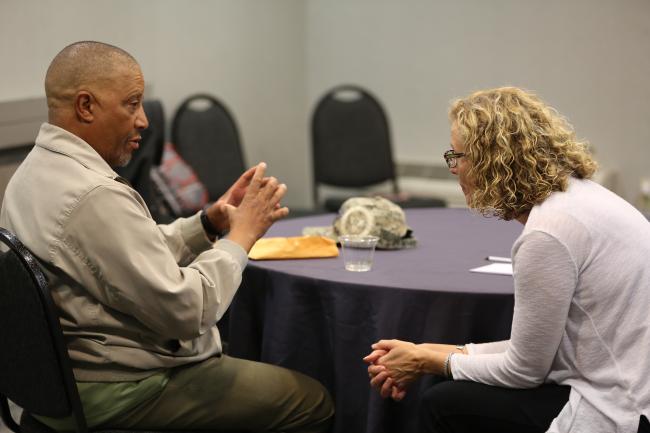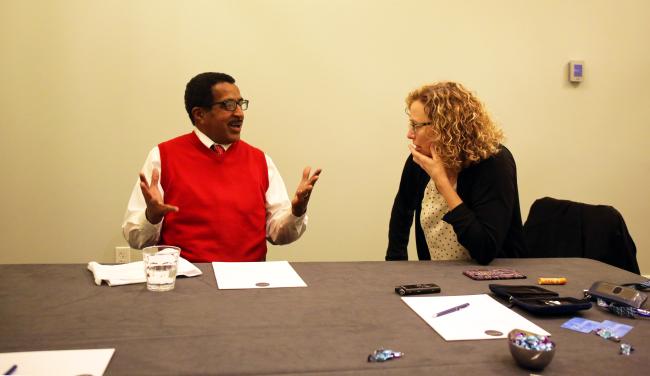The GU272 story didn't end in 1863 with the end of slavery. Despite incredible hardship, the descendants of the 314 people who were sold as property in 1838 flourished through their own hard work, ingenuity, perseverance, and kindness. Modern descendants of the GU272 number in the many thousands. They are physicians, homemakers, mechanics, poets, military specialists, musicians and professors. Theirs is a unique and fascinating story.
The interviews on this website record the life experiences of GU272 descendants who are currently living in Maryland, Louisiana, California and other locations. Placed alongside the genealogical data and the historical narrative of the GU272, these oral histories are invaluable resources for the descendant community, genealogists, historians, scholars, and the public.


